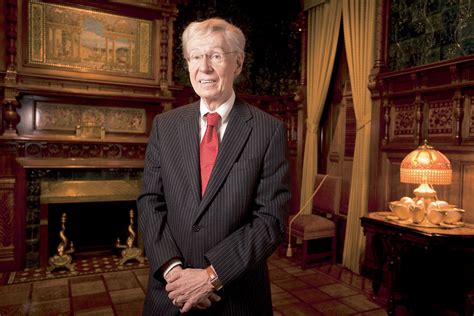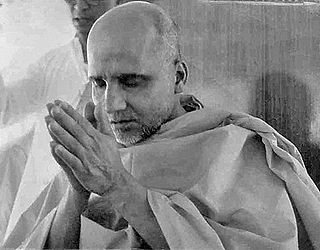A Quote by Lord Chesterfield
Though we cannot totally change our nature, we may in great measure correct it by reflection and philosophy; and some philosophy is a very necessary companion in this world, where, even to the most fortunate, the chances are greatly against happiness.
Related Quotes
Therefore, philosophy does not give sense in mind happiness. It keeps in mind the only truth. However, it is very possible that the truth may be painful, may be distressing, may be destructive of happiness or makes it impossible. Religion, unlike philosophy, is under the category of the useful one. It promises happiness and says what it is necessary to do and what it is necessary to be to deserve or to obtain it. Consequently, illusion is more important than truth if it gets happiness.
Should a reasonable person not demand that philosophy should not be foolishly purveyed before people incompetent to see the point of it, as pearls before swine? For Nietzsche is utterly correct: philosophy is only for the healthy and whole-minded, the sick it has always only made even sicker. By means of philosophy they dig themselves even deeper into their pathetic delusions.
Philosophy is not a body of knowledge to impart to someone, that's why reading philosophy books isn't always the best way of learning philosophy. Philosophy is really more the process of rational engagement, rational reflection with a diversity of views and ideas and opinions and trying to sort of reason your way through to a more reflective position. I think if you look at it that way, philosophizing is to some extent some small way a part of almost everyone's lives although they don't recognize it as such and a lot of people are embarrassed about it.
In Philosophy, the contemplations of man do either penetrate unto God, or are circumferred to Nature, or are reflected and reverted upon himself. Out of which several inquiries there do arise three knowledges, Divine Philosophy, Natural Philosophy, and Human Philosophy or Humanity. For all things are marked and stamped with this triple character of the power of God, the difference of Nature and the use of Man.
You must fully understand, strongly believe in, and be totally committed to your trading philosophy. In order to achieve that mental state, you have to do a great deal of independent research. A trading philosophy is something that cannot just be transferred from one person to another; it's something that you have to acquire yourself through time and effort.
..I sought a world philosophy-or an integral philosophy-that would believably weave together the many pluralistic contexts of science, morals, aesthetics, Eastern as well as Western philosophy, and the world's great wisdom traditions. Not on the level of details-that is finitely impossible; but on the level of orienting generalizations: a way to suggest that the world really is one, undivided, whole, and related to itself in every way: a holistic philosophy for a holistic Kosmos, a plausible Theory of Everything.
I would say to anybody who thinks that all the problems in philosophy can be translated into empirically verifiable answers - whether it be a Lawrence Krauss thinking that physics is rendering philosophy obsolete or a Sam Harris thinking that neuroscience is rendering moral philosophy obsolete - that it takes an awful lot of philosophy - philosophy of science in the first case, moral philosophy in the second - even to demonstrate the relevance of these empirical sciences.
The sensual and spiritual are linked together by a mysterious bond, sensed by our emotions, though hidden from our eyes. To this double nature of the visible and invisible world - to the profound longing for the latter, coupled with the feeling of the sweet necessity for the former, we owe all sound and logical systems of philosophy, truly based on the immutable principles of our nature, just as from the same source arise the most senseless enthusiasms.
All the sciences have a relation, greater or less, to human nature; and...however wide any of them may seem to run from it, they still return back by one passage or another. Even Mathematics, Natural Philosophy, and Natural Religion, are in some measure dependent on the science of MAN; since they lie under the cognizance of men, and are judged of by their powers and faculties.
What man needs is not philosophy or religion in the academic or formalistic sense of the term, but ability to think rightly. The malady of the age is not absence of philosophy or even irreligion but wrong thinking and a vanity which passes for knowledge. Though it is difficult to define right thinking, it cannot be denied that it is the goal of the aspirations of everyone.
































